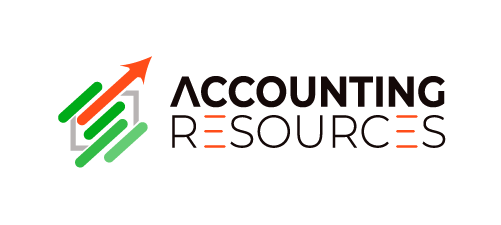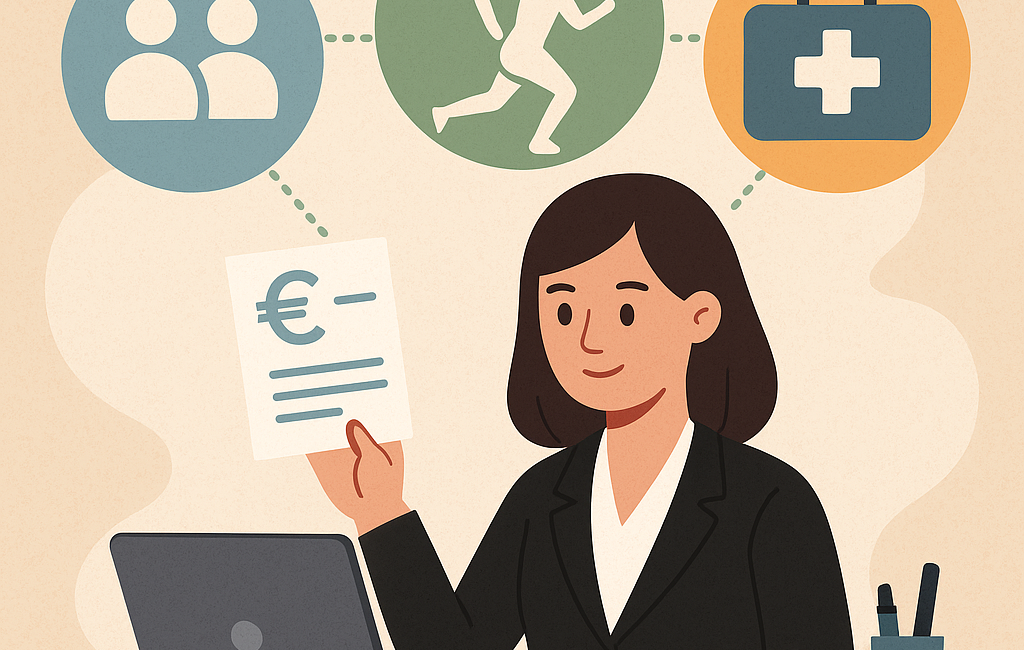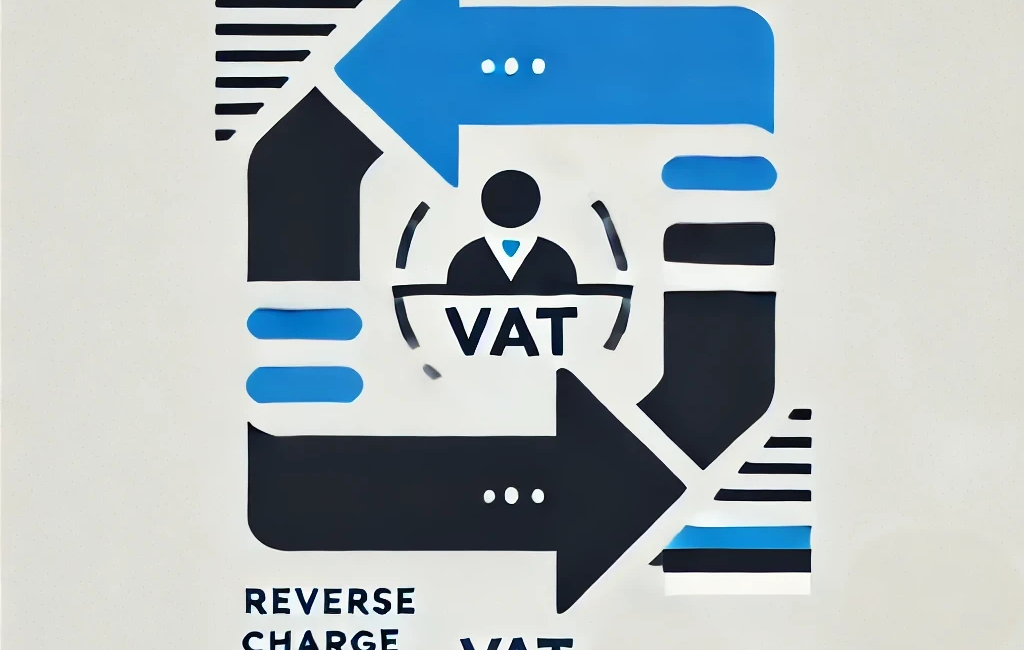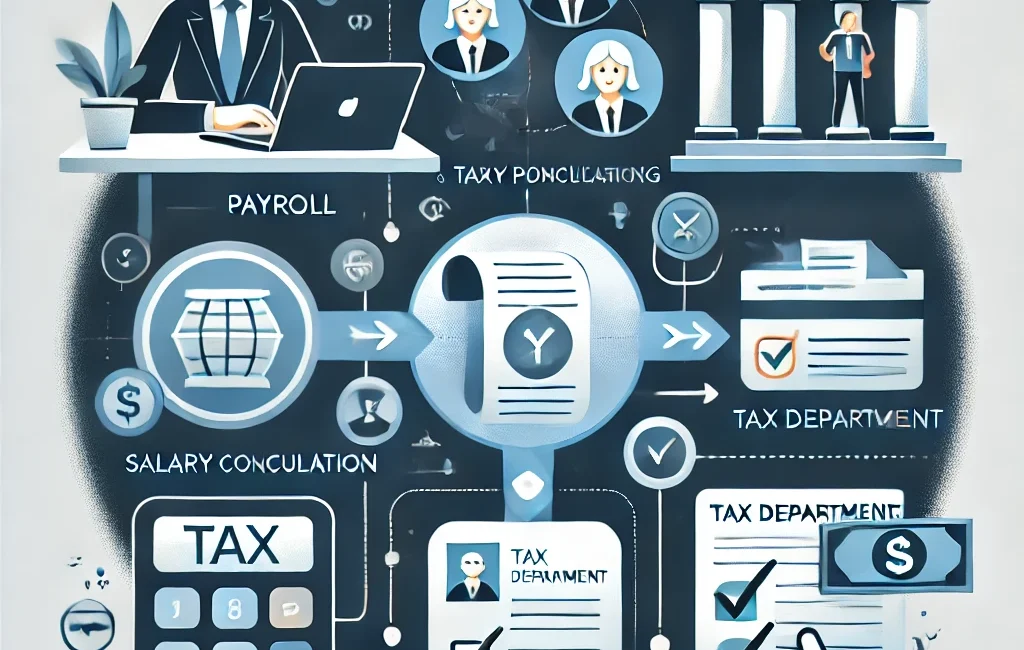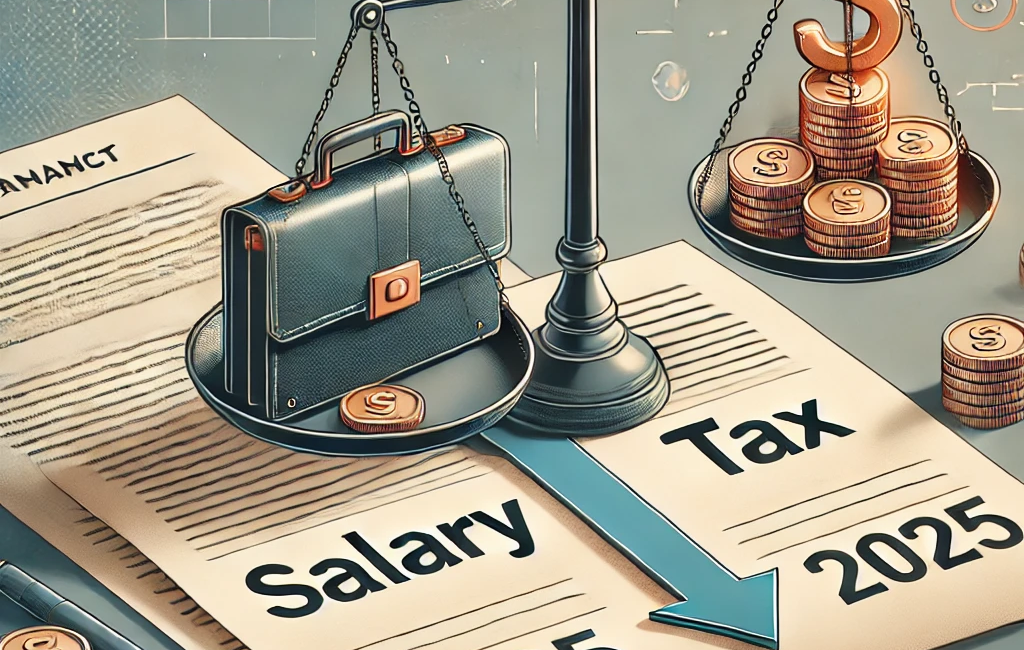In Estonia, employers can support employees’ health and fitness tax-free, up to €400 per employee per calendar year, VAT included. If your company pays for a gym membership, dental care or a massage worth up to €400 per person annually: neither the employer nor the employee pays income tax or social tax on that amount; a few rules must be followed.
Reverse Charge on Services in Estonia
Many entrepreneurs, particularly owners of small businesses, have questions about the reverse charge mechanism for services. This occurs when the obligation to calculate and pay VAT shifts from the seller to the buyer of the service. This article clearly explains how reverse charge for services works in Estonia and how to correctly report it in the KMD declaration.
How to Pay Salaries and Taxes After Registering in the Estonian Employment Register
After registering an employee in Nola Accounting and either you or our accountant have entered this information into the Estonian Employment Register, it is important to properly organize the salary payment and tax process to avoid errors and penalties. Let’s go through the steps to do it correctly.
What to Consider When Paying Employee Salaries in 2025
Starting January 1, 2025, the income tax rate in Estonia will increase, directly impacting employees' December paychecks. Employees will receive less net salary than usual. Employers must account for this change to avoid surprises and maintain employee motivation.
Loan from the Owner to the Company: Secrets, Pitfalls, and Restrictions
Conducting business in Estonia opens numerous opportunities for company owners to finance their companies. One such opportunity is issuing a loan to their own company. However, it is essential to remember that the loan process is regulated by law and has its own specificities. In this article, we will explore how an owner can issue a loan to their company and why the reverse process – receiving a loan from their company – is impossible under Estonian law.
